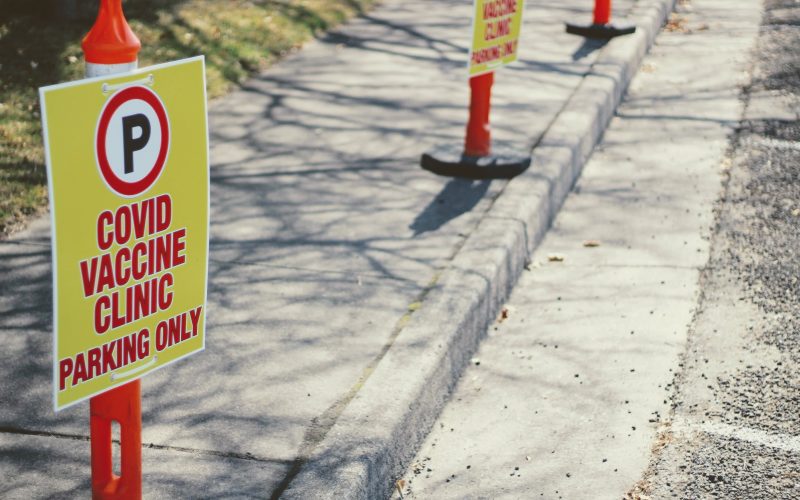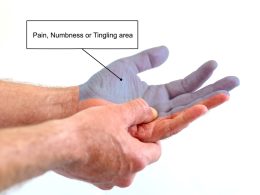As the world continues to battle against COVID-19, a new strain has emerged that is causing concern among healthcare professionals and individuals alike. The Delta variant, first identified in India, has gained momentum globally and is now spreading rapidly in many countries. With its higher level of transmissibility and potential for severe illness, it’s essential to understand what this latest COVID-19 strain means for us all. In this blog post, we’ll delve into the science behind the Delta variant and discuss how we can protect ourselves from its impact on our health and daily lives. So grab your masks and hand sanitizer because it’s time to learn more about the Delta variant!
What is the Delta Variant?
The Delta Variant, also known as B.1.617.2, is a new strain of COVID-19 that was first identified in India. It has since been found in other countries, including the United Kingdom, where it is now the dominant strain. The Delta Variant is more contagious than the Alpha Variant (B.1.1.7), which is the dominant strain in the United States, and it may be more resistant to vaccines. While theDelta Variant is not yet widespread in the United States, it is important to be aware of its potential implications and take steps to protect yourself and others from infection.
There are several key differences between the Delta Variant and other strains of COVID-19:
1) The Delta Variant is more contagious than other strains;
2) It may be more resistant to vaccines; and
3) It can cause more severe illness in some people, particularly children and young adults.
What are the symptoms of the Delta Variant?
There are a few key symptoms to look out for with the Delta Variant:
-Fever
-Fatigue
-Body Aches
-Headache
-Loss of Appetite
These are all common symptoms of COVID-19, however, they may be more severe with the Delta Variant. If you are experiencing any of these symptoms, it is important to seek medical attention and get tested for COVID-19.
How is the Delta Variant spread?
The Delta Variant, formerly known as the Indian Variant, is a highly contagious COVID-19 strain that was first identified in India. The strain has since spread to more than 50 countries, including the United States. The Delta Variant is believed to be responsible for a large outbreak in India that began in late 2020 and continues to this day. The variant is also linked to several large outbreaks in the United Kingdom, Brazil, and other countries.
TheDelta Variant is believed to spread more easily than other strains of COVID-19. The virus is thought to spread through close contact with an infected person, such as household members or close friends. The virus can also be spread through respiratory droplets, such as when an infected person coughs or sneezes. It is unclear if the Delta Variant can be spread through airborne transmission, but it is thought to be possible.
TheDelta Variant is concerning because it appears to cause more severe illness than other strains of COVID-19. The variant is linked to an increased risk of hospitalization and death, especially in young adults. TheDelta Variant is also associated with a higher risk of long-term health problems, such as brain damage and heart disease.
Who is most at risk for the Delta Variant?
According to the CDC, the people most at risk for the Delta Variant are those who are unvaccinated, have underlying health conditions, or are pregnant. The CDC also states that people of all ages are at risk for the Delta Variant, and that it is more severe in children than in adults.
How to protect yourself from the Delta Variant
The Delta variant, first identified in India, is now the dominant strain in the UK. It is estimated to be 50% more transmissible than the Alpha variant (first identified in the UK), and is associated with a higher risk of hospitalization and death.
There are currently three approved vaccines available in the UK: Pfizer, AstraZeneca, and Moderna. All three are effective against the Delta variant. The Pfizer vaccine is most effective, with a efficacy rate of 95%. The AstraZeneca and Moderna vaccines are both around 80% effective.
The best way to protect yourself from the Delta variant is to get vaccinated with one of the three approved vaccines. If you are not eligible for a vaccine, you can still reduce your risk by wearing a mask, social distancing, and avoiding crowded places.
Conclusion
In conclusion, the Delta Variant of COVID-19 is an emerging new strain that has been causing concern worldwide due to its increased transmissibility and potential for more serious infection. To protect ourselves and those around us, it is essential to understand what this virus is and how we can prevent its spread. Vaccination remains the best way to reduce our risk of contracting any variant of the virus; however, other measures such as adhering to social distancing guidelines, avoiding crowded places and wearing a face mask are still important ways in which we can help protect each other from this latest strain.












